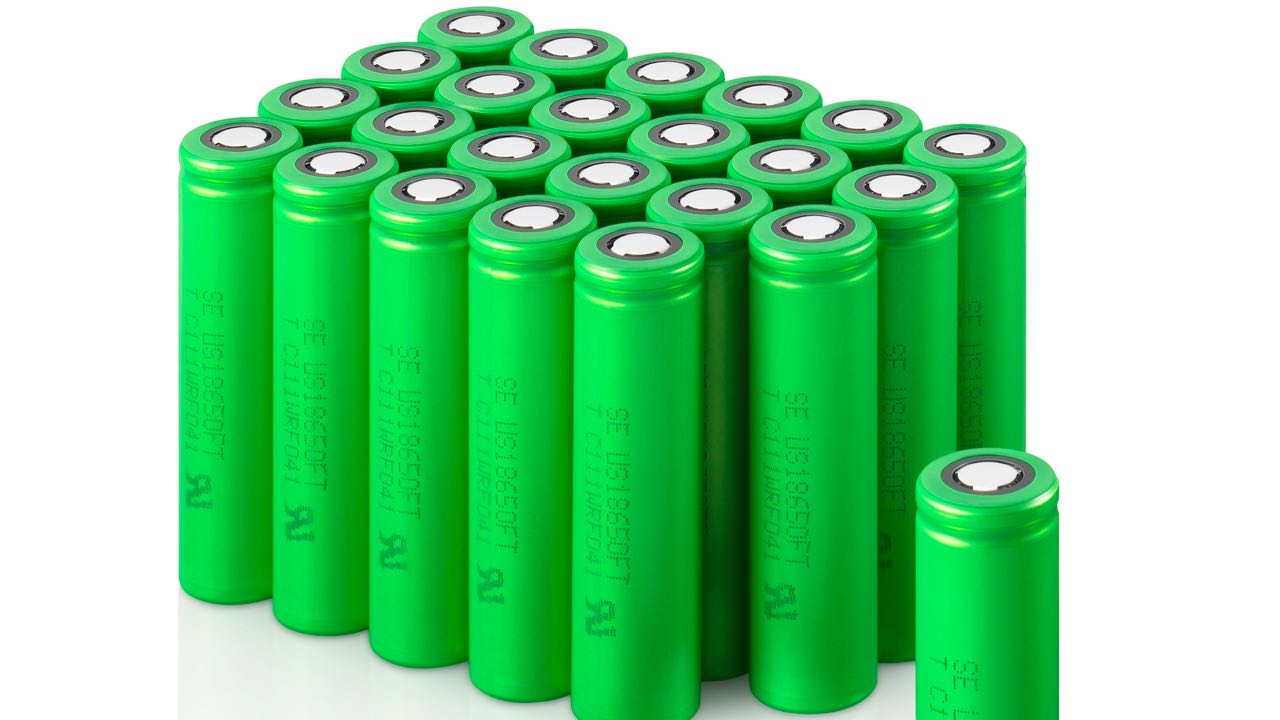Korea has achieved an important milestone in the history of humanity by managing to store energy within water. This breakthrough aims to extend the lifespan of lithium batteries, which they successfully accomplished.
Currently, lithium appears as the most promising and widely used material in the technological sector. Therefore, optimizing its use as a resource is crucial.
They manage to store energy in water: the key to using lithium
Lithium has gained great importance in recent years due to the wide range of applications it can have in the technological industry. Its success has much to do with its versatility. Its main application is in batteries.
Its use allows for the storage of large amounts of energy in small spaces. For this reason, batteries made of this material are a viable alternative for technological industries, such as electric vehicles.
In this sense, the achievement of Korean researchers becomes more relevant. They managed to extend lithium batteries by 750% using water. The solution proposed by the experts shows a capacity of 93.3% of the batteries after 300 charge and discharge cycles.
This feat is attributed to a team of engineers from the Korea Advanced Institute of Science and Technology (KAIST). In their study, published in Advanced Materials, they explain how they used water as the sole solvent in the lithium metal anodes.
Together with the University of Ajou, they were able to maintain a 93.3% capacity in lithium batteries after more than 300 charge and discharge cycles.
 It aims to extend the lifespan of lithium batteries.
It aims to extend the lifespan of lithium batteries.
The study addresses the limitations in the performance of traditional batteries, which often have a shorter lifespan and pose a fire risk.
However, the group of engineers led by Professor Il-Doo Kin provided a solution to the problem by stabilizing lithium progress.
In addition, the KAIST group created a protective layer using hollow nanofibers, made through an electrospinning process.
In implementing this system, they used guar gum, a material extracted from plants, and water as the single solvent, which decomposes in the soil after a month.
Thus, the hollow nanofibers allow chemical reactions to stabilize and control the physical growth of lithium, while preventing ions from accumulating disorderly on the anode surface.
The use of lithium batteries
 Extending the lifespan of lithium batteries with water.
Extending the lifespan of lithium batteries with water.
With the proliferation of electric vehicles, lithium batteries have gained popularity due to their efficiency, high storage capacity, and light weight compared to other elements.
Moreover, other variants of the element have functionalities in various industries, including the pharmaceutical industry.
Have you visited our YouTube channel yet? Subscribe now!

